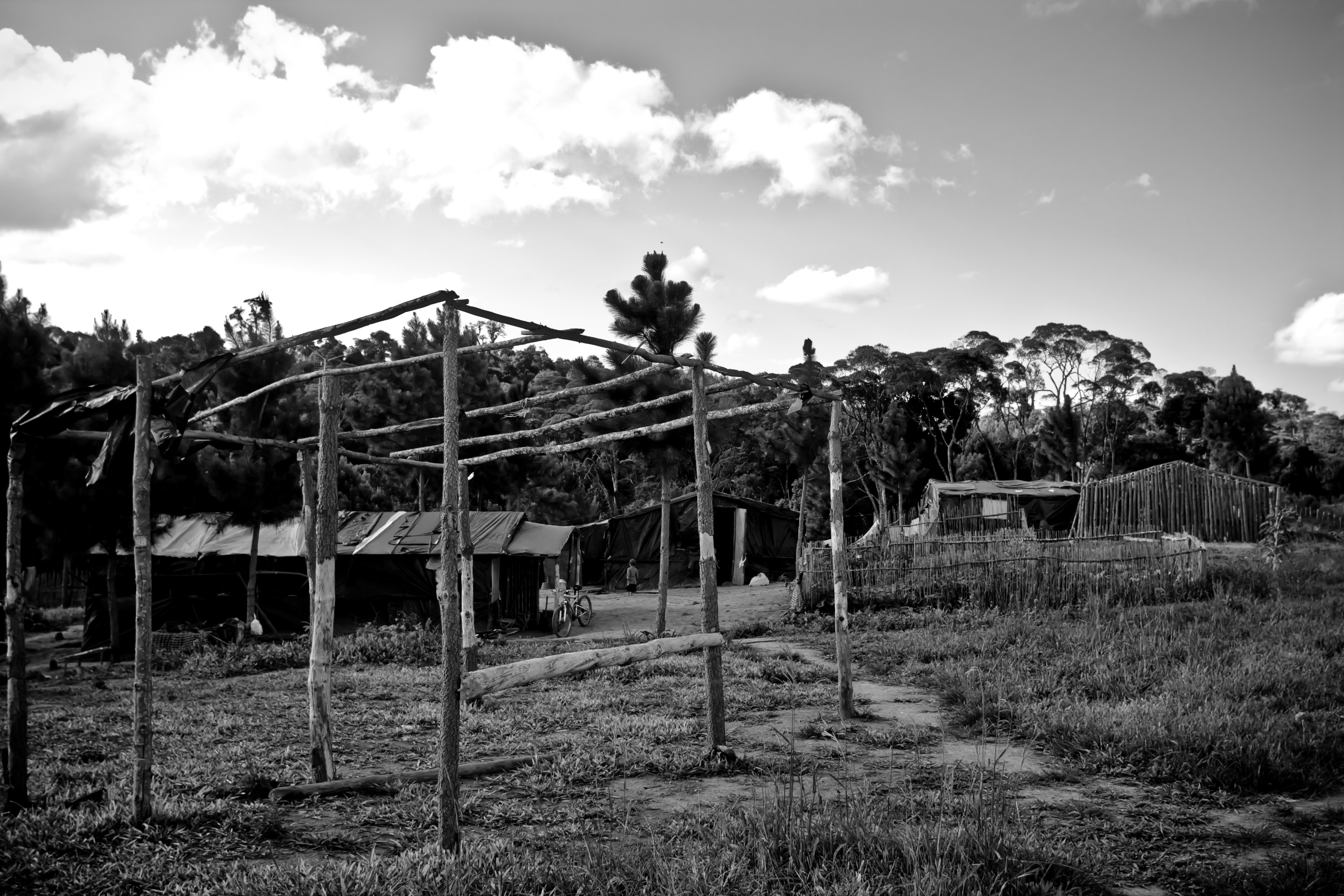MÍSTICA, MYSELF AND I: BEYOND CULTURAL POLITICS IN BRAZIL’S LANDLESS WORKERS’ MOVEMENT

How do grassroots social movements respond to shifting perceptions within their bases on key issues? This article centres its analysis on the Movimento dos Trabalhadores Rurais Sem Terra (MST – Landless Rural Workers’ Movement) and instances of the movement’s cultural activity, in particular, mística. It is recognised that the MST’s cultural activity reflects a deep engagement with cultural politics, and further, that the movement’s culture sector contributes directly to the delineation and formation of the ‘landless’ identity. However, from an ethnographic perspective and privileging the experiences of the members of the movement, this article goes beyond cultural politics to suggest that shifting notions of individualism, in the context of the movement’s cultural activity, are having an impact on MST artistic expression and members’ daily lives. The article argues that from within the bases of the movement, there has been a shift from what can be termed a receptive individualism, where members internalise cultural activity, to an expressive individualism, where members actively seek to shape the movement’s cultural programmes. Members speak of a lack of visceral energy that the culture sector’s activities used to possess, which provides the impetus for the article’s concluding remarks on how social movements respond to transformation more widely.
auflynn [at] arts.ucla.edu
Alex Ungprateeb Flynn is an Associate Professor at the Department of World Arts and Cultures/Dance, University of California, Los Angeles. Working as an anthropologist and curator, Alex’s practice explores the intersection of ethnographic and curatorial modes of enquiry. Researching collaboratively with activists, curators and artists in Brazil since 2007, Alex explores the prefigurative potential of art in community contexts, prompting the theorisation of fields such as the production of knowledge, the pluriversal, and the social and aesthetic dimensions of form.